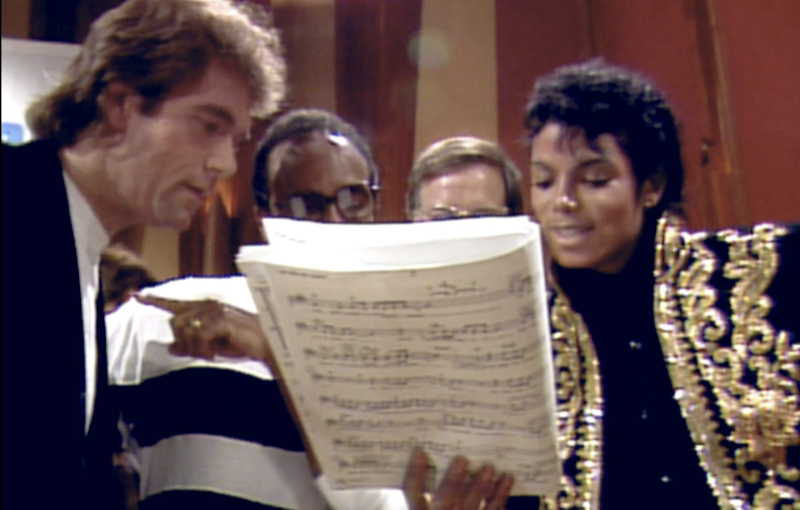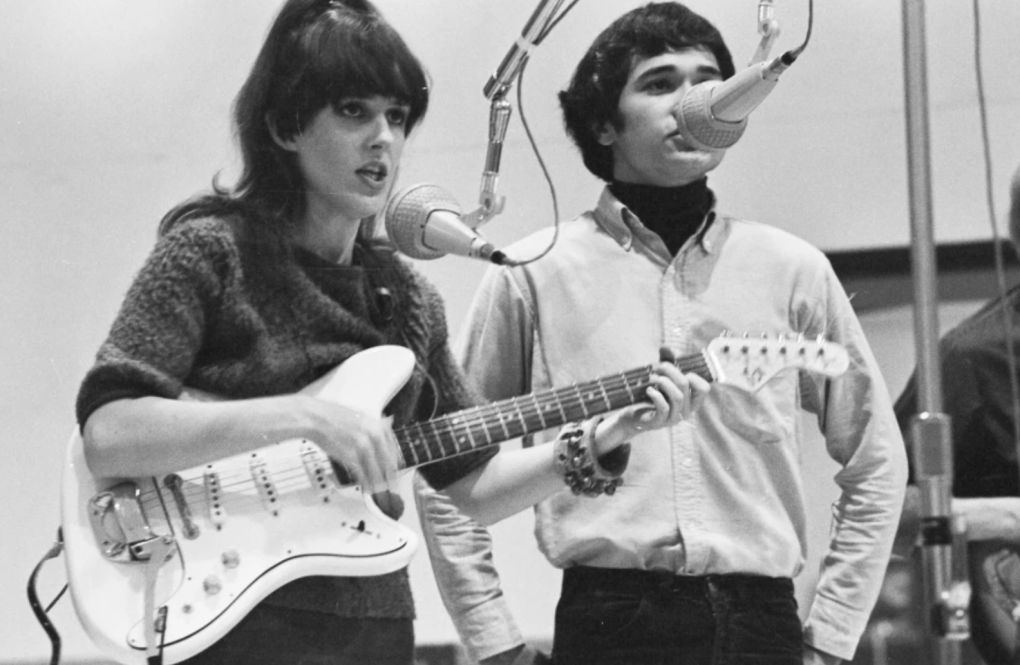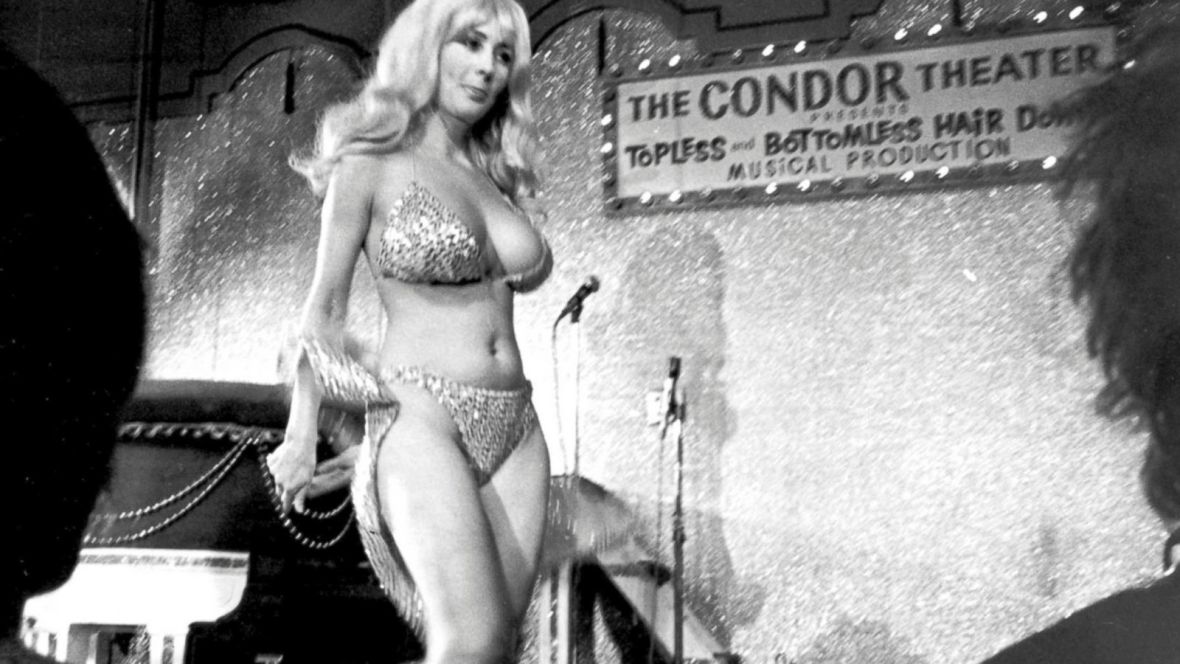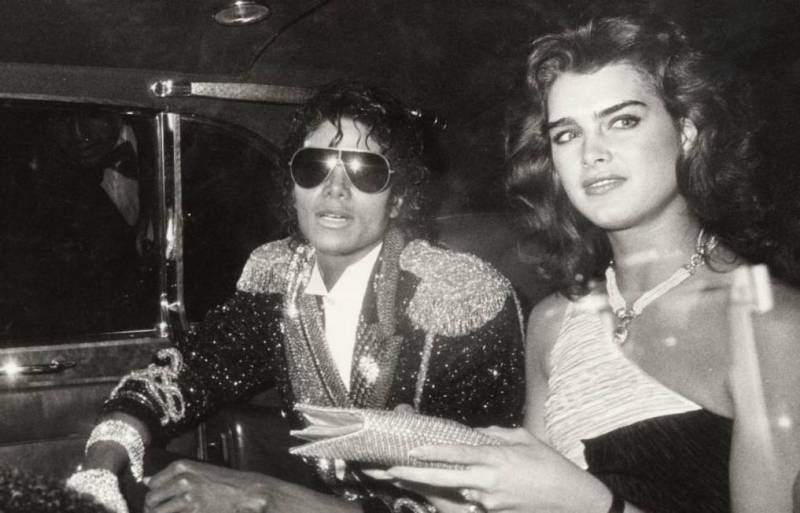The documentary anchors the effort in the activism of Harry Belafonte, who had raised the alarm about famine in Ethiopia, and having him in the studio singing “We Are the World” was poignant.
The group — exhausted and giddy in the wee hours — also serenaded the legend with a spontaneous version of Belafonte’s “Banana Boat,” with the lyrics “Daylight come and we want to go home.”
It is revealed that Loggins suggested that Huey Lewis replace Prince in the solos, right after Jackson. No pressure, right? “It was just one line, but my legs were literally shaking,” Lewis recalls in the movie.
There was a key moment when Wonder suggested that some lyrics be sung in Swahili, an idea that prompted Waylon Jennings to balk. The idea was scrapped when it was learned that Swahili wasn’t spoken in Ethiopia. There’s also footage of Bob Geldof, who was a driving force behind Live Aid, inspiring the group in a speech before the session. The Live Aid concert would happen that summer.
The documentary also goes back to explore the events before the recording, like that song co-writers Jackson and Richie were still working on it 10 days before the recording session on Jan. 28, 1985. Once in the studio, footage captures superstars — no assistants allowed — nervously hugging. “It was like first day at Kindergarten,” Richie says.
The decision to pick that particular night to record the single was made in order to piggy-back off the influx of music royalty attending the American Music Awards, hosted by Richie, who performed twice and won six awards. The cream of the cream then made their way to the all-night recording session at A&M Studios.







